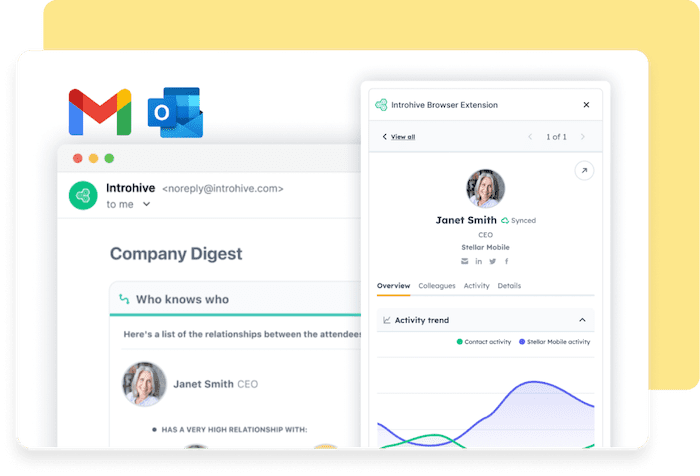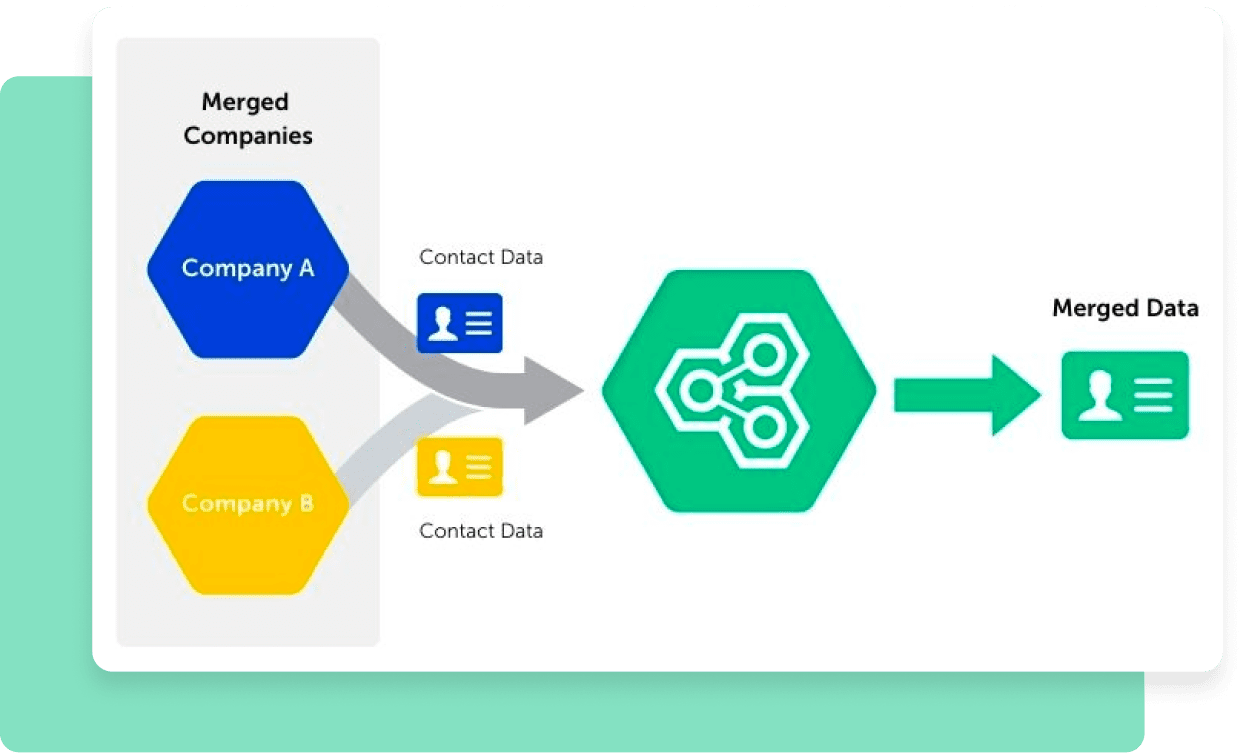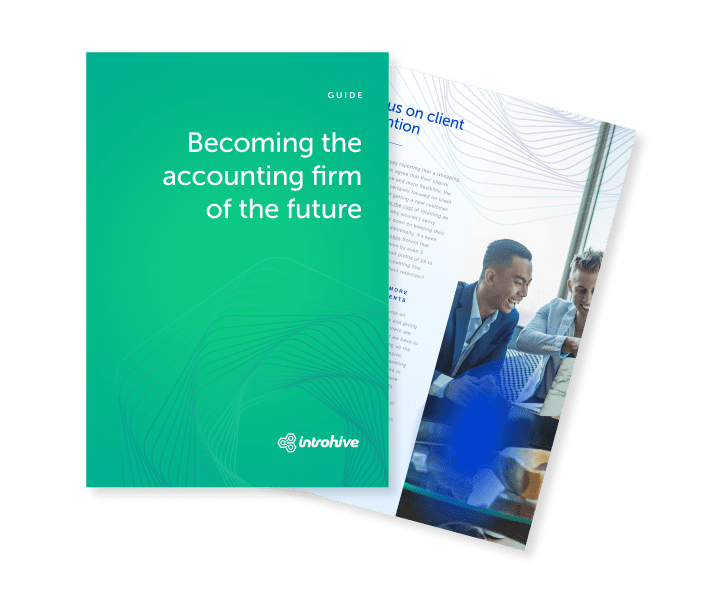Introhive for
Accounting Firms
Introhive helps your firm identify cross-sell opportunities so teams can focus on expanding your most valuable relationships, not updating CRM.


Top 20
Introhive works with 85% of the top 20 Accounting firms

Top 50
Introhive works with 60% of the top 50 Accounting firms
Trusted by the world’s leading Accounting firms

Growth starts with visibility
So that your teams spend less time updating records and more time building business with your most important clients.
Expand relationships with current clients
Introhive helps uncover cross-sell opportunities within existing accounts by showing where clients already have strong relationships and where they don’t.
Whether it’s expanding an audit relationship into advisory or identifying tax clients who could benefit from consulting, your teams get clear visibility to grow accounts with the services you already offer.


Streamline mergers & acquisitions
Introhive gives you a clear, actionable view of relationship strength so you can prioritize big accounts, sell more, and win faster.
Testimonials

Our firm loves the transparency Introhive provides our professionals into “who knows who” relationship insights. Right after go live, our firm was able to win a new deal valued at $250,000 thanks to the Introhive platform.

National Marketing Director – Account Management, CRM and Field Marketing
Erin M. Connolly-Kriarakis

Implementing Introhive was one of the simplest we’ve come across in terms of implementations, very straightforward, both from a technical perspective but also from a training and the results are that our adoption rates are great.

Chief Digital Officer
Rob Talson

Introhive is a tool that adds instant value to our end-user professionals in the form of time savings, but it also contributes to the bigger objective of our firm, which is gathering a holistic view of client intelligence in a centralized repository.

Chief Marketing Officer
Suzanne Reed
Our awards
FREE GUIDE
Accounting solutions, CPA firm of the future






